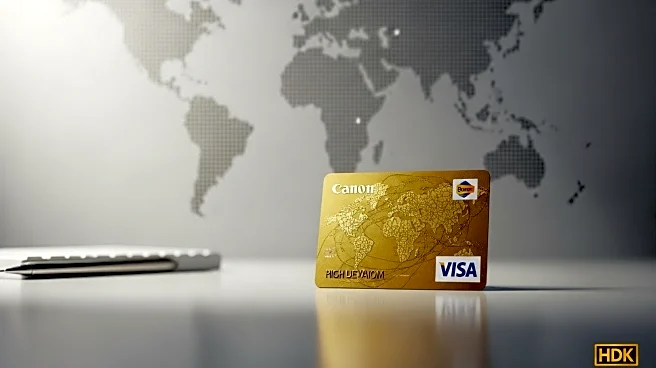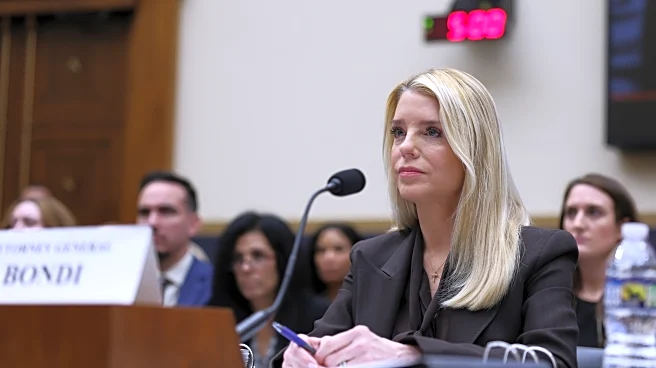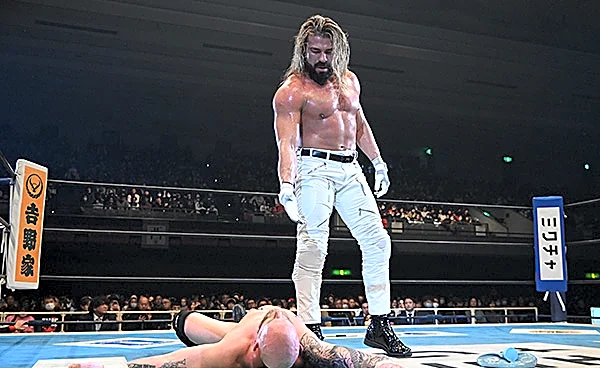What's Happening?
President Trump has introduced a significant increase in the H-1B visa fee, raising it to $100,000 for new applicants. This move has caused concern among immigration attorneys and companies, particularly affecting Indian professionals who are major beneficiaries of these visas. The fee hike is part of Trump's broader immigration policy, which has been characterized by a hardline stance. External Affairs Minister S Jaishankar emphasized the importance of a global workforce, stating that national demographics alone cannot meet rising demands. He highlighted the need for a more efficient model of a global workforce, distributed across various locations. Jaishankar's remarks were made during an event in New York, coinciding with the UN General Assembly session.
Why It's Important?
The increase in the H-1B visa fee could have significant implications for U.S. companies, particularly in the technology sector, which relies heavily on skilled foreign workers. The fee hike may deter companies from hiring international talent, potentially leading to a shortage of skilled professionals in critical areas. This could impact the competitiveness of U.S. industries on a global scale. Additionally, the move may strain U.S.-India relations, as Indian professionals are disproportionately affected. The policy change reflects broader debates about immigration and its role in maintaining U.S. economic competitiveness.
What's Next?
The immediate consequence of the fee hike is the potential for skilled professionals currently outside the U.S. to face challenges in returning, as companies and immigration attorneys have advised them to return promptly to avoid being stranded. The policy may lead to increased reliance on offshore economic activity as companies seek alternatives to hiring foreign workers in the U.S. The broader impact on U.S.-India relations and the global workforce model remains to be seen, as countries may need to adapt to new trade and workforce arrangements.
Beyond the Headlines
The fee increase raises ethical and cultural questions about the balance between national self-reliance and global workforce integration. It challenges the notion of a distributed global workplace and may prompt countries to reconsider their immigration policies and workforce strategies. The move could lead to long-term shifts in how countries collaborate on trade, technology, and workforce development, potentially reshaping international economic dynamics.










